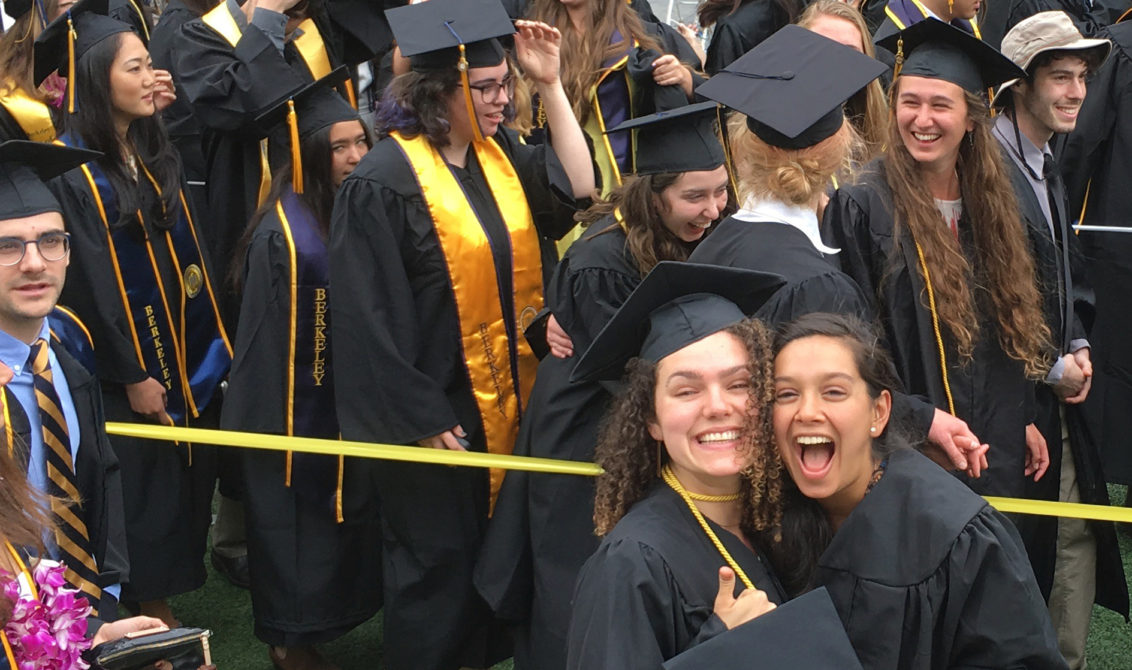
I have used only 20% of what I learned in my engineering college and 5% of what I learned in my master’s program in my career. This June, approximately 3 million young adults will be graduating with associate’s or bachelor’s degrees in the US. So is college education even valuable?
Warren Buffet’s close friend Bill Gates is a college dropout and so is Facebook founder Mark Zuckerberg. They have created multibillion dollar corporations. But for 99% of young adults, college is the best value for the money.
College education puts us on the top of the food chain for the next 40 years of our lives. However imperfect colleges are, they profoundly shape our thinking, before it starts getting colored with real-pressures and struggles.
We learn to compete in college. It can cause stress but competition enhances learning. We learn by idealizing some and competing against the others, like in sports. It “engages, inspires and motivates us.”
We competed to get good grades and SAT scores to get into colleges of choice or to earn scholarships or just to prove we are better. Competition is survival and omnipresent in our lives. Grades tell us how we stack up.
In my first year at work I had no clue how I was doing. No one was giving me grades every quarter, and I was afraid that I might get fired. That was extremely stressful, as then I would lose work permit and would have to leave the country before I could repay my parents.
It is only later in our career when we have gained some distinction, that we worry less about competition and more about how we are adding value to the company or to others’ lives.
College education puts us on a steep learning curve. Mastering complex subjects makes us think in unconventional ways and inspires us to give it our all. We devise little strategies and experiment on ourselves to solve difficult problems or prepare for the finals. We develop the mental toughness and discipline that stay with us for life.
Here is a strategy I devised in third grade, when I started a new school in a new town. Unlike my previous school, all subjects were taught in Hindi, not English. On the first day of class, we were asked to raise hands if we did not know the times-tables up to 20. I was too embarrassed to raise my hand. The teacher then asked every student to stand up and recite the tables of 17, 18 and 19, which I did not know, in English or Hindi. Thankfully the math period ended before my turn. That night I badgered my father to teach me the tables. The next day my turn did not come again. By the day after, I was able to parrot them out. I still did not know 2 through 16 tables yet. I quickly learned how to be pragmatic and backpedal.
Our college experiments may be more sophisticated, like taking ourselves off social media. The pain of extended solitude produces neurosis. Research shows that such moments if channeled properly give rise to creative thinking and sharpens our intellect.
Physical and mental pains are related and activate same areas of the brain. I remember sitting under the sun, to prepare for my finals exams in the midst of Indian summers, to motivate myself. I still deploy similar techniques to toughen myself up for bridge competitions that I participate in, a game that computers have not yet beaten humans in.
In colleges we also learn how to live with the choices we make. It includes which college, subjects, or major we choose. I for example opted for Electrical Engineering but there was a subject called EM Theory, which dealt with radio waves, the basics for radio, TV and cellphone transmission. I memorized the formulas and worked the problems without fully understanding them and managed to get an A. It is not the formulas but simple ‘common sense’ that comes handy in life.
The process of accelerated learning begins in college, but the experiences, strategies and experiments do not become part of our makeup until long after graduation.
Every graduate should list the experiences that got them through college and share some of these in job interviews. The results could be surprising.
The interviewer could use hard-work as a measure of a good candidate. Grades may not always be reflective of that, if a student also had to work or had responsibilities at home. I always looked for the creative and pragmatic candidate who, when faced with a problem, could figure out a solution with compromises.
The greatest value of education is in its rigor. The rigor is what helps us to develop our own toolbox. Through our professional experiences we keep sharpening these tools and add new ones, to become more valuable each day.
College campuses require us to leave our comfort zone. They teach us to become valuable and contributing members of the community. New experiences bring new insights and new perspectives. It is like magic.
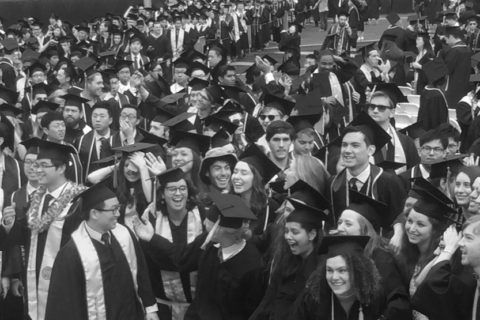


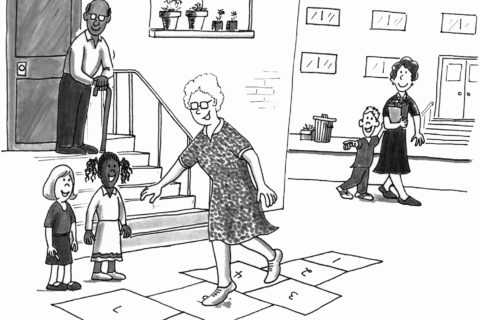
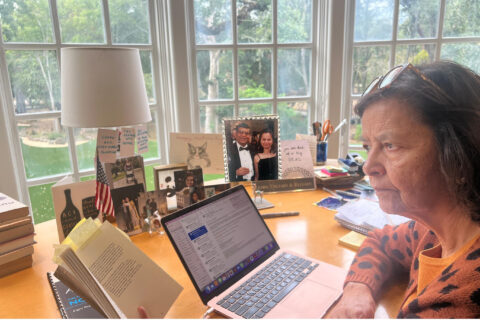
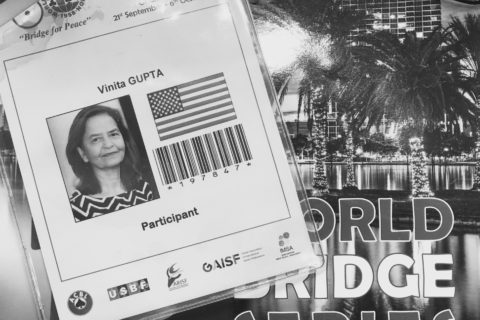


Reshma Nigam
I think the article focuses on something we tend to forget when discussing life experiences vs formal education. Education is a preparation for life and to be able to indulge in learning without the usual pressures of life is a gift only some of us get.
R. Paul Singh
Well said. Thanks for sharing.